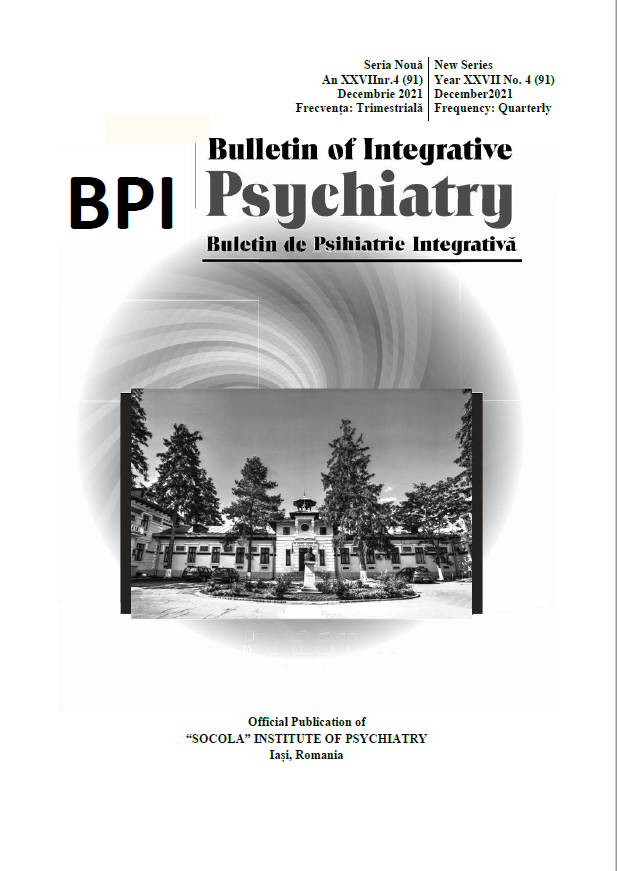Psycho-social impact of dermatological conditions associated with psychiatric disorders
Psycho-social impact of dermatological conditions associated with psychiatric disorders
Author(s): Raluca Dana Romila, Anda Nastase, Denisa Mihaela Misǎiloaie, Maria-Mǎdǎlina Horiceanu, Laura Stătescu, Alina Stîncanu, Adriana Pătrașcu, Dan Vâță, Laura Gheucă SolovăstruSubject(s): Health and medicine and law
Published by: Editura Sedcom Libris Iasi
Keywords: Psychodermatology; psychiatric disorders; dermatological conditions; mind-body interaction;
Summary/Abstract: The skin is the largest organ of the human body and has the ability to express emotions through its changes. Psychodermatology is defined as a connection between two disciplines, studying the consequences of dermatological conditions on individual and social levels and the incidence of association with psychiatric morbidity. Medical research has indicated an incidence of approximately 30–60% of psychiatric disorders in patients with dermatoses, most common being depression, anxiety, suicidal ideation, obsessive and delusional disorders. Dermatological conditions such as acne vulgaris, rosacea, atopic dermatitis, chronic dermatitis and psoriasis have a profound psychological impact, causing difficulties in adaptation and compliance, altered self-image and poor quality of life. At the same time, some of the most common autoimmune (vitiligo, alopecia areata, scleroderma, dermatomyositis, lupus) and bullous pathologies can cause somatoform and adaptation disorders, phobias and altered sexual behaviour. Our paper contributes to a better understanding of the link between physical and mental health and the importance of early diagnosis of psychiatric disorders among patients with dermatological conditions.
Journal: Buletin de Psihiatrie Integrativa
- Issue Year: 91/2021
- Issue No: 4
- Page Range: 33-45
- Page Count: 13
- Language: English

